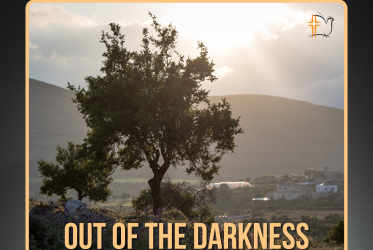Displaying 1 - 20 of 1730
25 April 2024
South Sudan churches share Easter messages of hope
04 April 2024
Voice of churches vital during UN women’s rights talks
28 March 2024
WCC expresses deep concern for human rights in Haiti
28 March 2024


















